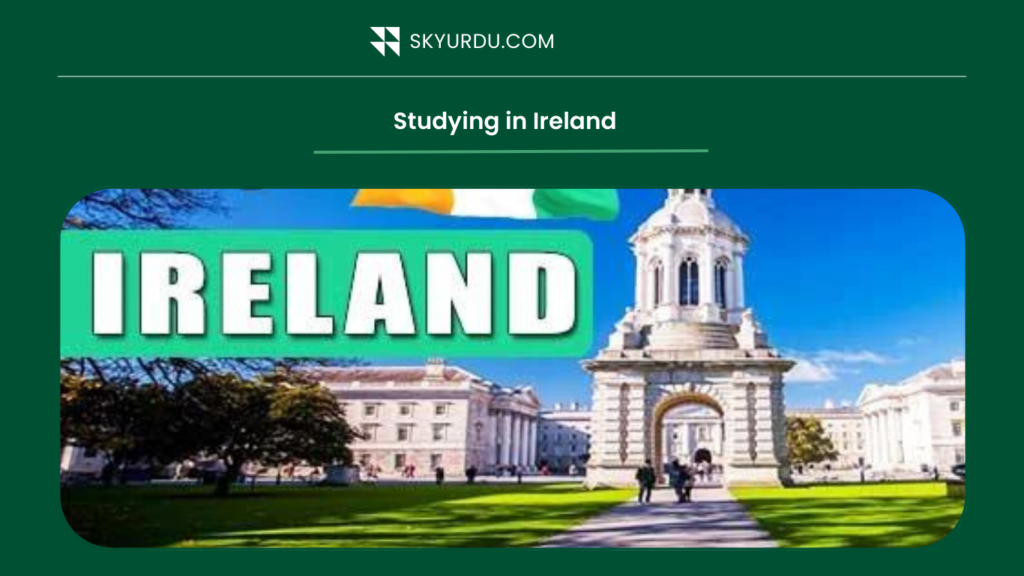Your guide to getting a visa
This guide to Irish study visas will help you out with all the details, application process, and required documents if you are planning to study in Ireland for more than three months.
Before you apply
Read the Strategy on Non-EEA Nationals Studying in Ireland.
This record frames the necessities and conditions for worldwide international students.
You can apply for a visa as long as 90 days before your travel date.
Assuming you visit one more country before Ireland, you really want a suitable visa for that nation prior to applying for an Irish visa.
How to apply
Apply online: Use the Irish Online Application Facility (AVATS).
Complete the web-based application and adhere to the guidelines to present your supporting reports.
Print, sign, and date the application structure and submit it with your records.
You might have to give your fingerprints (biometrics data).
Important
Try not to include misleading data in your application. This could prompt dismissal and potential future visa limitations. Buy travel tickets solely after accepting your visa. Apply from your nation of origin, not the nation you’re visiting.
Fees
Make sure to check the official website for the current visa fee since it changes frequently.
Some applicants are exempt from the fee, but there can be some external charges for the submission of documents.
Check the fee details on the website on what currency the fee will be paid, whether in local currency or not.
Processing time
Applications are processed in order and can require as long as about two months. Try not to purchase travel tickets until you know the result. Handling times can change contingent upon the nation and responsibility. Take a look at the visa office site for current evaluations. Your application might take more time if: You haven’t presented every necessary document. Your archives need confirmation. You have a criminal conviction or other complex conditions.
Conditions of a study visa
Read the Strategy on Non-EEA Nationals studying in Ireland to fully know the circumstances for studying in Ireland with a visa.
Required documents
Originals of all documents.
Translated documents (if not in English or Irish) with certified translations.
Translations done outside the EEA or Switzerland need to be apostilled (officially verified).
Originals and certified translations for documents issued outside the EEA or Switzerland.
For documents issued within the EEA or Switzerland, translations are only required if a multilingual standard form (MSF) is not provided.
Letters from businesses or organizations must be on official letterhead with full contact details.
Read More… Canada Business Visa 2024
Additional documents for students under 18
Your original birth certificate is required.
Consent of parents, a document with full details of the child’s guardian or a caretaker in Ireland, and the confirmation for the parents for the child to study, along with school/guardian legal responsibility during their stay.
Copies of the passport or National ID card of guardians or parents showing their signatures.
A court order that is granting custody (if required), is required if one parent has the custody.
Accommodation or residence details are required, address of the student where he will stay in Ireland.
If one parent is joining the student, their visa application details are also required.
Garda Síochána clearance (police clearance): required if no parent is joining the student and the student is under 18. The school will request this clearance.
Another thing to take notice of is that for students under 18 who are granted a visa, the visa does not allow family members to join the student in Ireland.
Original documents will be returned to you after the process is finished. You can submit an application for the return of documents.
The provision of these documents and following proper guidelines along with correct information can increase the chances of getting a study visa and continuing your education in Ireland.
Share this Post:

